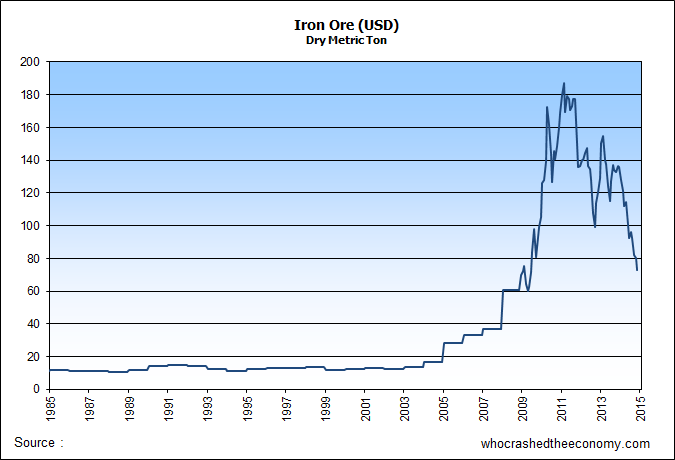October bust Big financial falls occur in well fall Opinion The Boston Globe
Post on: 6 Июль, 2015 No Comment

Financial fall
Christophe Vorlet for the Boston Globe
By Richard S. Grossman October 20, 2013
Ever since Adam named the animals, humans have been good at sticking labels on things including on the calendar. From Columbus Day to National School Lunch Week to National Cybersecurity Month to the International Year of the Child, every disease, ethnicity, job category, member of the family, and hobby seems to have its own day, week, month, or year.
With all these commemorative dates crowding the calendar, it seems strange that no one has bothered to label October Financial Crisis Month especially with the United States nearly defaulting on its debt last week.
Throughout the 19th and early 20th centuries, October was the most popular month for financial crises. Because the majority of crops in the northern hemisphere are harvested in autumn, massive amounts of produce make their way during the fall months from primarily rural agricultural regions to more densely populated urban zones, where the majority of it is consumed and where our main financial markets and institutions are housed. And while crops are moving from the country to the city, the money to pay for them is moving in the opposite direction. If credit markets in the cities are already stretched tight with elevated interest rates, the extra funds needed to finance the harvest can push a market into financial crisis.
Thus, the American and European financial crises of 1837, 1847, 1857, 1873, 1890, and 1907 all occurred from September to November, with the most occurring in October. Even when there was no financial crisis, a distinctive autumnal tightening of credit markets occurred. From 1900 to 1914, US interest rates rose by about 2 percentage points between September and December relative to their annual average.
With the establishment of the Federal Reserve System on the eve of World War I, the strong seasonality of US interest rates soon became a relic. But the propensity of financial crises to occur in the fall did not. The 1929 stock market crash, the 1987 stock market crash, the 2008 failure of Lehman Brothers, and the 2009 outbreak of the European sovereign debt crisis all took place in September or October.
These episodes have most often resulted from economic booms which, fed by cheap credit, lead to wildly inflated asset (stock, bond, real estate) prices. When the asset bubbles burst, the massive debts that had financed them can no longer be serviced. The debtors default, frequently bankrupting their creditors too.
These asset bubbles typically take months and years to arise. They have multiple causes and they end for a variety of different reasons. There is no good reason for the last straw to come during the fall.
Except, perhaps, because fall is when politicians return from their summer vacations and begin to do stupid things.
A few days before the October 1987 stock market crash, newspapers reported that the House Ways and Means Committee was considering a bill that would have had a negative impact on a number of stocks. Bad news about the trade deficit further contributed to a decline in stock prices. Several days later, when the market was already wobbly, the chairman of the Securities and Exchange Commission reportedly suggested that the New York Stock Exchange trading might be halted temporarily. This of course sent investors running for the exits, and the markets crashed.
The European sovereign debt crisis erupted after a new government took over in Greece following elections in October 2009. A few days after the elections, the new finance minister announced that the previous governments estimate of the budget deficit already quite large had been a huge understatement. This revelation led to doubts about Greeces ability to service its debt, and eventually Greek interest rates topped 30 percent. The news also raised doubts about the creditworthiness of other euro-zone members, and soon Ireland, Italy, Portugal, and Spain also veered toward crisis.
Congress has been back from summer break for some weeks now, and it appears that its members summer beach reading consisted of fantasy, rather than financial history. Default is not a policy choice it is something that happens when political leaders cannot do their job: figuring out how much to tax and spend and how to pay the countrys bills.
The near-default last week would have been an unmitigated economic disaster, turning what is still the worlds most productive and creditworthy economy into a laughing stock. It would have led to turmoil in domestic and international financial markets, thrown a monkey wrench in our already weak economic recovery, and increased the governments borrowing costs for years to come.
And the blame for a default would have clearly rested on those politicians who failed to prevent it.
Perhaps we can name a month after them.
How about October?
Richard S. Grossman is a professor of economics at Wesleyan University and a visiting scholar at the Institute for Quantitative Social Science, Harvard University.














